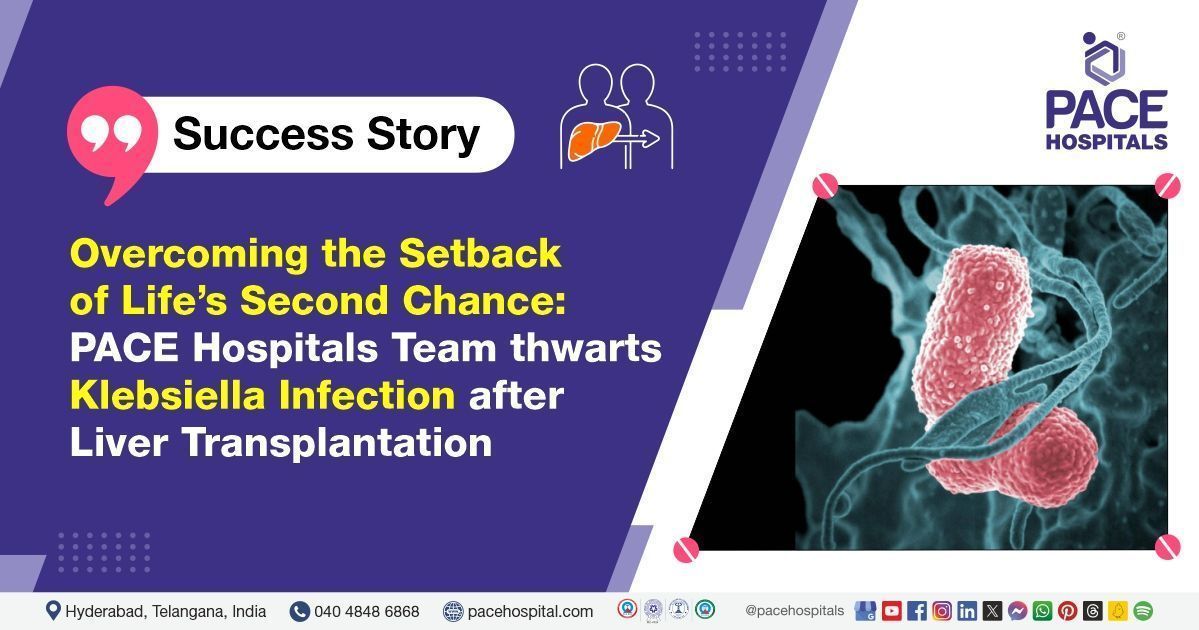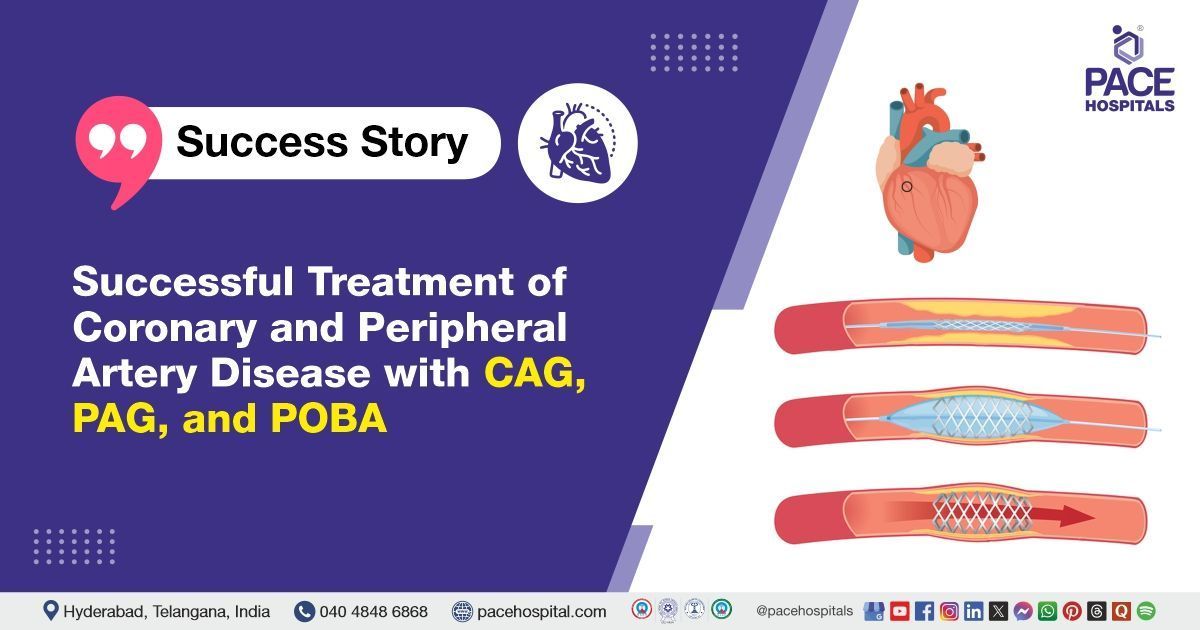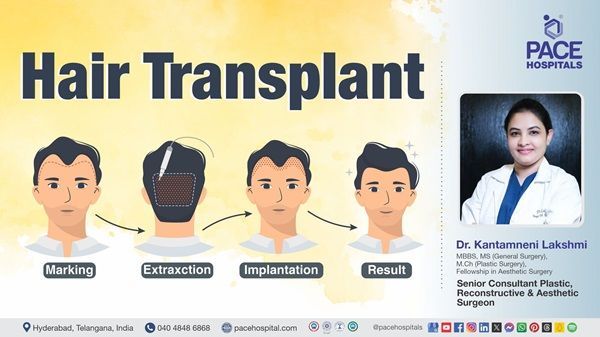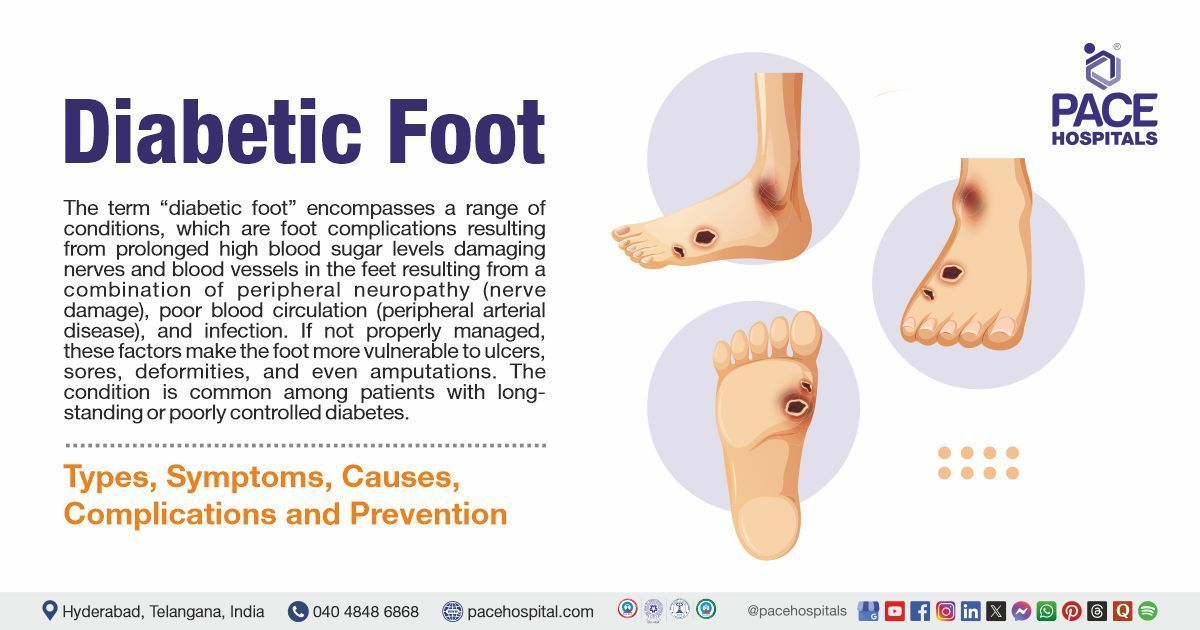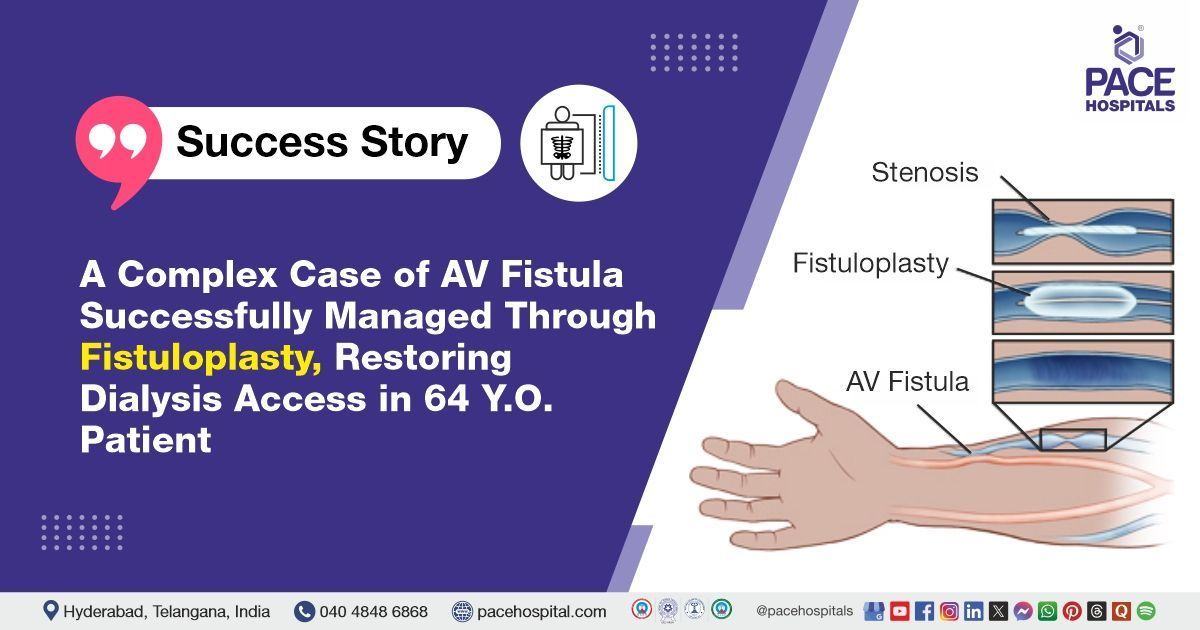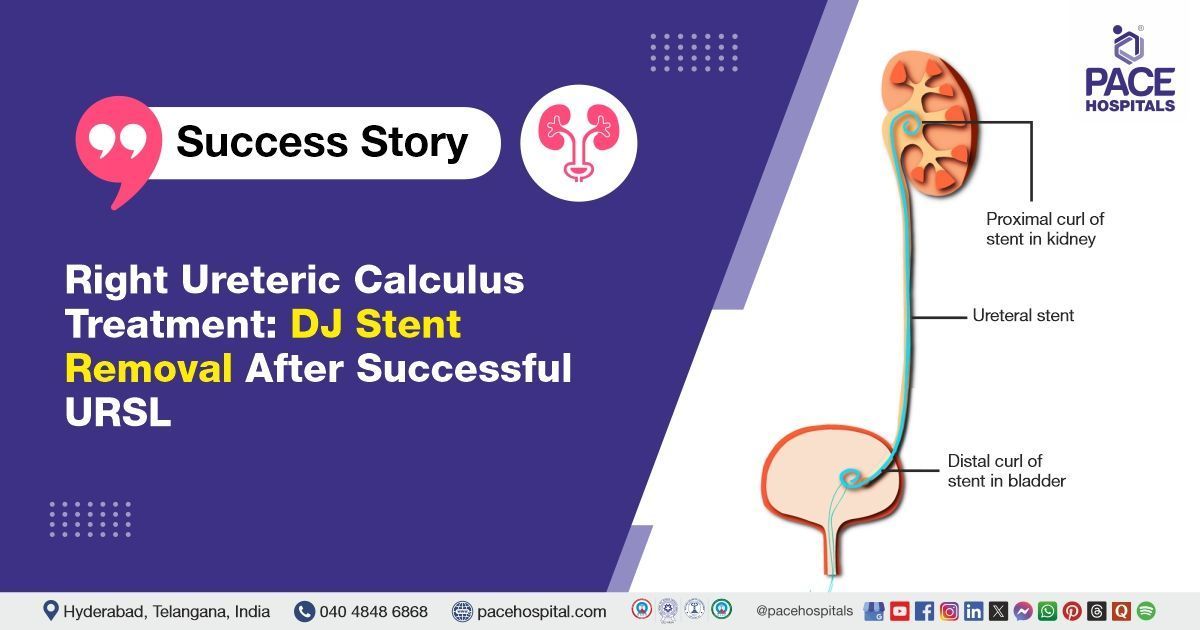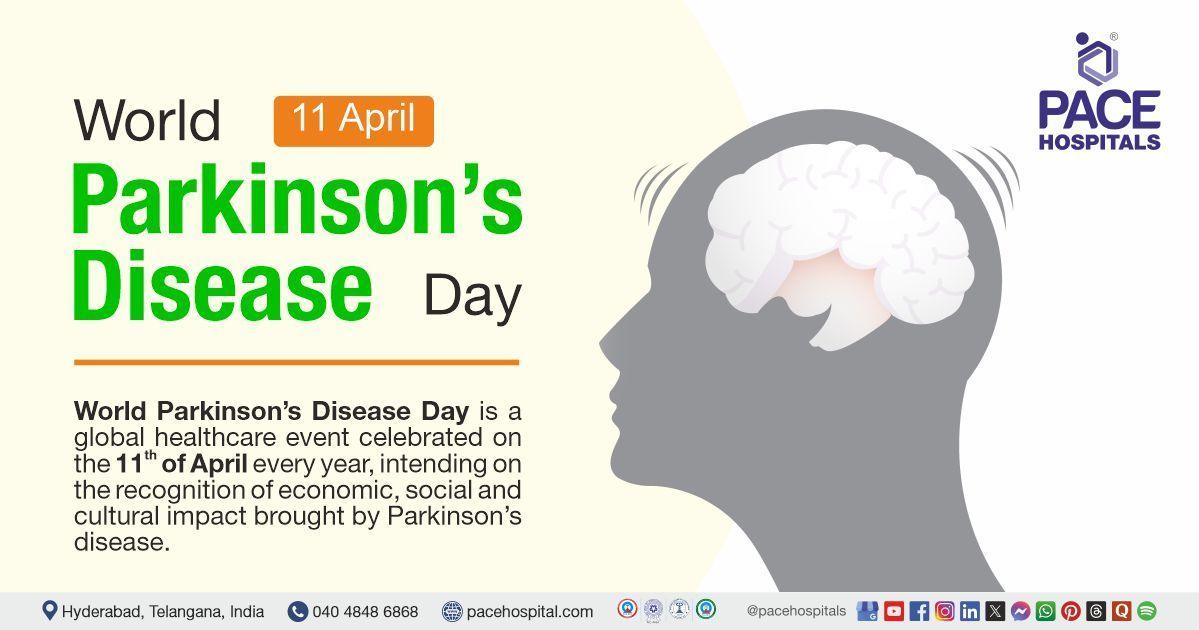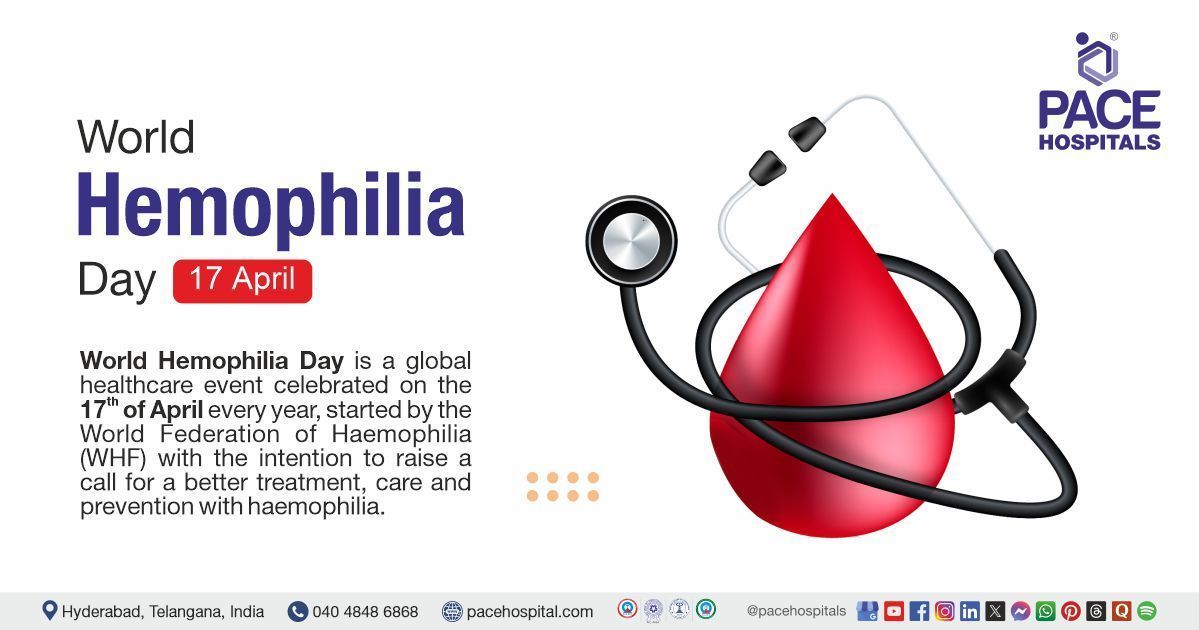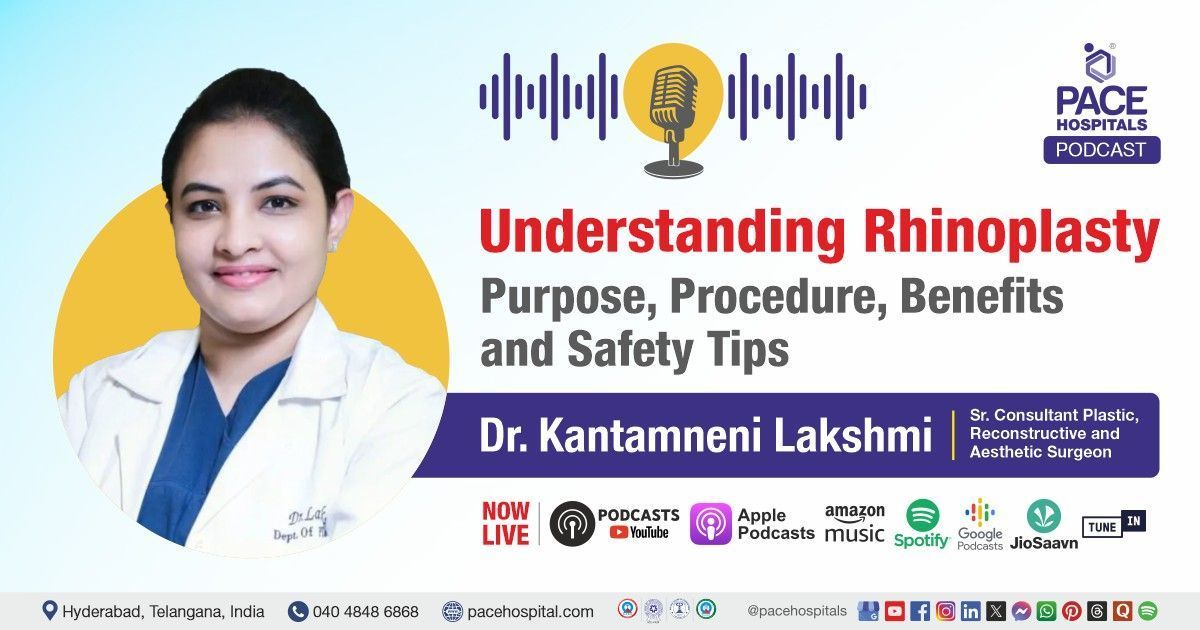PACE Hospitals team thwarts Klebsiella Infection after Liver Transplantation
Pace Hospitals' transplant team successfully performed a deceased donor liver transplant for a 52-year-old female patient with decompensated chronic liver disease. Post operation she developed Klebsiella pneumoniae infection but the timely intervention by PACE team cured the disease.
A female patient (Lakshmi) of 52 years is a known case of decompensated chronic liver disease and was presented to the hospital with complaints of jaundice and intermittent fever.
Medical History
Delving deeper, it was understood that the patient had been experiencing jaundice for 4 months, which was frequently associated with intermittent fever. Understanding the severity of the situation, the patient was asked to get admitted to the PACE Hospitals for further treatment.
Diagnosis
Upon being admitted to PACE Hospitals and understanding the history and physical examination, the patient was subjected to imaging tests and liver biopsy, among other investigations. The biopsy provided impressions of distorted hepatic parenchymal architecture with complete nodule formation. The fibrous septae surrounding the nodules depicted inflammatory cells. All these depictions are consistent with:
Liver cirrhosis of the liver (possibly arising from non-alcoholic steatohepatitis) with COPD
Treatment
The team of liver transplant doctors, including Dr. CH Madhusudhan, Dr. Ravula Phani Krishna, Dr. Govind Verma, and Dr. Suresh Kumar S, asserted that a liver transplant was the only way to save the patient.
The patient was kept on multiple lifesaving supports. Efforts were made to obtain a liver from donors after the party was counseled about the urgency of a liver transplant. Promptly, she was registered to Jeevandan Cadaver Transplantation Programme, Telangana, since there hadn't been any suitable family members who were able to donate a part of their liver.
Thanks to the efforts of Jeevandan, they could obtain a liver from a cadaver. With necessary investigations done & clearances obtained, which included pre-anesthesia checkup, the patient underwent deceased donor liver transplantation (DDLT). The procedure was supervised by the liver transplant surgeon Dr. CH Madhusudhan, and it was accomplished devoid of any complications.
The aftermath
The post-operative period was uneventful which can be evidenced by the results of thromboelastography which provided an overall assessment of clot formation, strength, and longevity of coagulation components. The coagulation components from thromboelestography were well within the normal range.
Development of fever after the transplantation prompted the surgeons for a procalcitonine test. Procalcitonine is a biomarker, the pro-peptide precursor of calcitonin, which is mainly produced by the thyroid gland, but the levels are usually very low as it is quickly converted to calcitonin.
It is believed that in the setting of bacterial infection, peripheral blood monocytes, the liver, and other tissues release procalcitonin in response to cytokines such as tumor necrosis factor, interleukin-6, and granulocyte colony-stimulating factor and endotoxin from the bacterial cell wall. Cytokines and endotoxin are also believed to halt the conversion from procalcitonine to calcitonin, thus increasing the concentrations of procalcitonine. Although procalcitonin levels were high, since no bacterial cultures were seen in either blood or drain fluid, only symptomatic treatment was provided to cure fever rather than administering antibiotics.
In post operative period gradually, the patient developed cough with expectoration which requiring prolonged oxygen support. The pulmonologist was contacted who opinionated for a sputum culture. It was revealed that Klebsiella pneumonia was the source of infection. Promptly an antibiotic course was started to counter the infection.
The necessary medicines, immunosuppressives, antibiotics, proton pump inhibitors, multivitamins, antiemetics, analgesics, antipyretics & other supportive care were given along with the counselling. With the gradual development of liver enzymes in the patient’s body, the immunosuppression doses adjusted accordingly.
Once the patient achieved hemodynamic stabilisation, she was discharged with the necessary medications and advice for follow-up.
A short colloquy on Klebsiella pneumoniae infections after liver transplantation
Klebsiella pneumonia has been a known human pathogen since the late nineteenth century when it was first isolated by Edwin Klebs.
Although Klebsiella is most often thought of as a nosocomial pathogen (disease originating from a hospital), it can also be a cause of serious infection acquired outside the hospital. It is estimated to be responsible for 6-8.6% of community acquired pneumonias. Humans are the primary reservoir for Klebsiella, although these organisms may also be found in soil and water. Klebsiella is a common inhabitant of the upper respiratory tract and the bowel.
While the nasopharyngeal infection of Klebsiella pneumonia in the general population could range from 1-6%, it is exponentially increased in patients who are at an increased risk.
There had been a recent increase in the share of Klebsiella pneumoniae. It could be attributed to the evolution of multidrug-resistant strains that produce antibiotic resistance to more than one antibiotic. As a result, the treatment of infections with these bacteria has limited therapeutic options. K. pneumoniae is one of the most common species isolated from infections in the bone marrow and solid organ transplant patients. In many case-studies the source of blood infection of K. pneumoniae seen in liver transplantation was due to the contaminated organ preservative fluid.
The most common mortality reasons during 30–180 days after liver transplantation are graft infections. The frequency of contamination of organ preservation fluids varies from 9.5-98.4%.
Pneumonia, tertiary peritonitis, and surgical site infections have been reported as complications of K. pneumoniae infections in liver transplant recipients.
Request an appointment
Fill in the appointment form or call us instantly to book a confirmed appointment with our super specialist at 04048486868
Appointment request - health articles
Thank you for contacting us. We will get back to you as soon as possible. Kindly save these contact details in your contacts to receive calls and messages:-
Appointment Desk: 04048486868
Whatsapp: 8977889778
Regards,
Pace Hospitals
Hitech City and Madinaguda
Hyderabad, Telangana, India.
Oops, there was an error sending your message. Please try again later. We will get back to you as soon as possible. Kindly save these contact details in your contacts to receive calls and messages:-
Appointment Desk: 04048486868
Whatsapp: 8977889778
Regards,
Pace Hospitals
Hitech City and Madinaguda
Hyderabad, Telangana, India.
Our Locations – Find the Best Hospital Near You
Metro Pillar Number C1772, Beside Avasa Hotel, Hitech City Road, Near HITEC City Metro Station, Hyderabad, Telangana, India.
Mythri Nagar, Beside South India Shopping Mall, Hafeezpet, Madeenaguda, Hyderabad, Telangana, India.
040 4848 6868
Payment in advance for treatment at PACE Hospitals, Hyderabad, Telangana, India (Pay in INR ₹)
For Bank Transfer:-
- Bank Name: HDFC
Company Name: Pace Hospitals
A/c No.50200028705218
IFSC Code: HDFC0000545 - Bank Name: STATE BANK OF INDIA
Company Name: Pace Hospitals
A/c No.62206858997
IFSC Code: SBIN0020299
Scan QR Code by Any Payment App (GPay, Paytm, Phonepe, BHIM, Bank Apps, Amazon, Airtel, Truecaller, Idea, Whatsapp etc).

CONTACT US
Call: +914048486868
WhatsApp: +918977889778
Email: info@pacehospitals.in
FOLLOW US
SUBSCRIBE
Subscribe to our newsletter and stay updated with the latest health information.
Subscribe to PACE Hospitals' Public Newsletter
Thank you for subscribing to PACE Hospitals' Newsletter. Stay updated with the latest health information.
Oops, there was an error. Please try again submitting your details.
ABOUT US
QUICK LINKS
Disclaimer
General information on healthcare issues is made available by PACE Hospitals through this website (www.pacehospital.com), as well as its other websites and branded social media pages. The text, videos, illustrations, photographs, quoted information, and other materials found on these websites (here by collectively referred to as "Content") are offered for informational purposes only and is neither exhaustive nor complete. Prior to forming a decision in regard to your health, consult your doctor or any another healthcare professional. PACE Hospitals does not have an obligation to update or modify the "Content" or to explain or resolve any inconsistencies therein.
The "Content" from the website of PACE Hospitals or from its branded social media pages might include any adult explicit "Content" which is deemed exclusively medical or health-related and not otherwise. Publishing material or making references to specific sources, such as to any particular therapies, goods, drugs, practises, doctors, nurses, other healthcare professionals, diagnoses or procedures is done purely for informational purposes and does not reflect any endorsement by PACE Hospitals – your trusted hospital near me.

